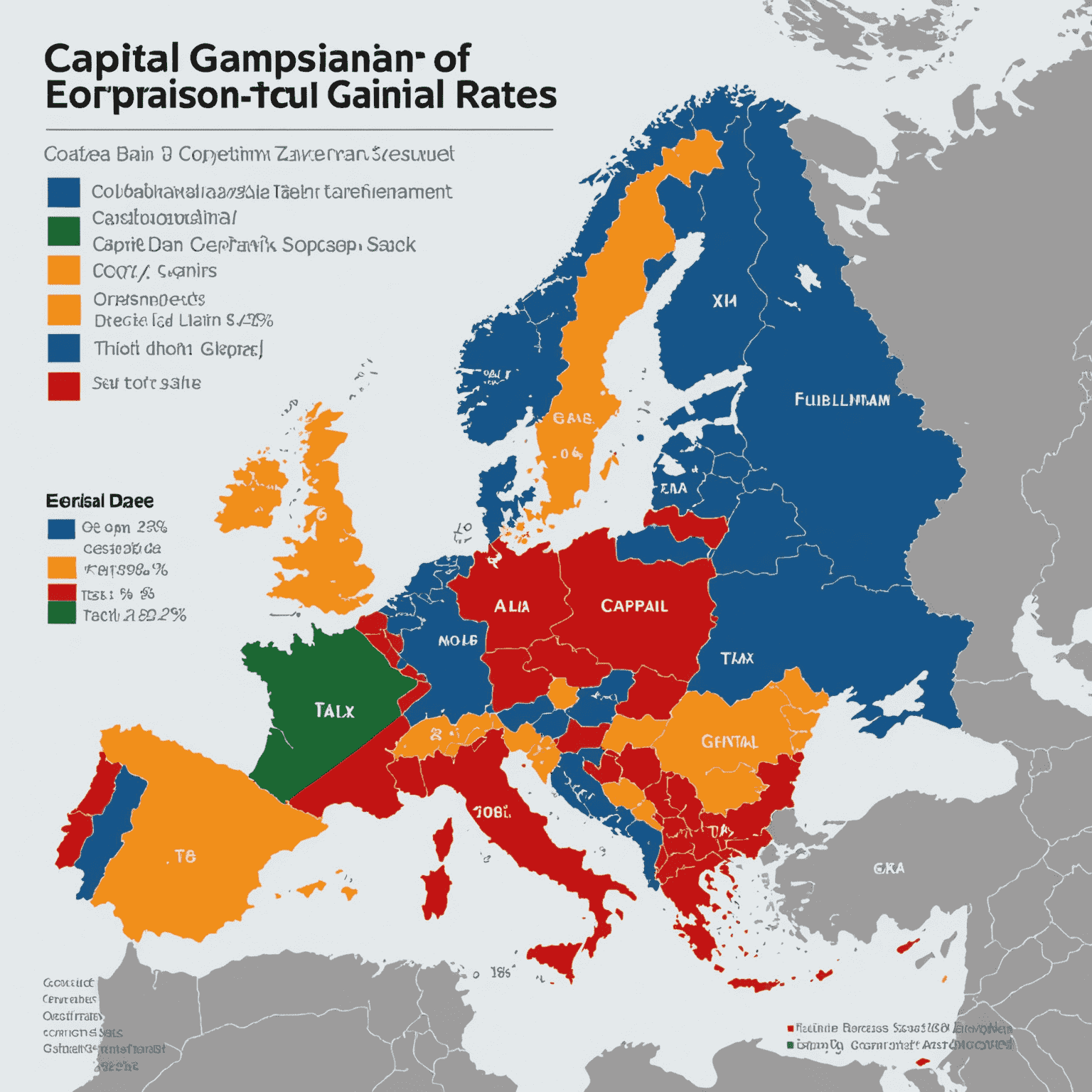Understanding Finnish Tax Implications for Foreign Investors

As international investors increasingly turn their attention to the Finnish markets, understanding the tax implications becomes crucial for making informed investment decisions. This comprehensive guide will walk you through the key aspects of Finnish taxation that foreign investors need to consider.
1. Corporate Income Tax
Finland imposes a flat corporate income tax rate of 20% on both resident and non-resident companies. This rate applies to all taxable income, including capital gains. It's worth noting that this rate is competitive within the European Union, making Finland an attractive destination for foreign investment.
2. Withholding Tax on Dividends
For non-resident investors, Finland typically applies a withholding tax on dividends. The standard rate is 20%, but this can be reduced under tax treaties. For example, many EU countries have agreements that lower this rate to 15% or even 0% in some cases. It's essential to check the specific treaty between Finland and your country of residence.
3. Capital Gains Tax
Foreign investors are generally only taxed on capital gains from the sale of real property located in Finland. Gains from selling shares in Finnish companies are usually exempt from Finnish tax for non-residents, unless the company's assets consist mainly of Finnish real estate.

4. Value Added Tax (VAT)
While not directly related to investment income, it's important to be aware of Finland's VAT system if you're considering business operations. The standard VAT rate is 24%, with reduced rates of 14% and 10% for certain goods and services.
5. Transfer Tax
When acquiring Finnish securities or real estate, be aware of the transfer tax. For real estate, it's 4% of the purchase price. For securities, it's 1.6% (2% for housing company shares). This tax is typically paid by the buyer.
6. Double Taxation Agreements
Finland has an extensive network of double taxation agreements with many countries. These agreements can significantly reduce your tax burden by preventing double taxation on the same income. Always check the specific agreement between Finland and your country to understand how it affects your investments.
7. Reporting Requirements
Foreign investors may need to file tax returns in Finland depending on the nature and extent of their investments. It's advisable to consult with a Finnish tax professional to ensure compliance with all reporting obligations.

Conclusion
While Finland offers a stable and attractive environment for foreign investors, navigating its tax system can be complex. The key to successful investing in Finnish markets lies in thorough research and, often, professional guidance. By understanding these tax implications, you can make more informed decisions and potentially increase your earnings from Finnish investments.
Remember, tax laws and regulations can change, so it's crucial to stay updated on the latest developments. Consider consulting with a tax professional who specializes in Finnish tax law and international investments to optimize your investment strategy and ensure full compliance with all relevant regulations.